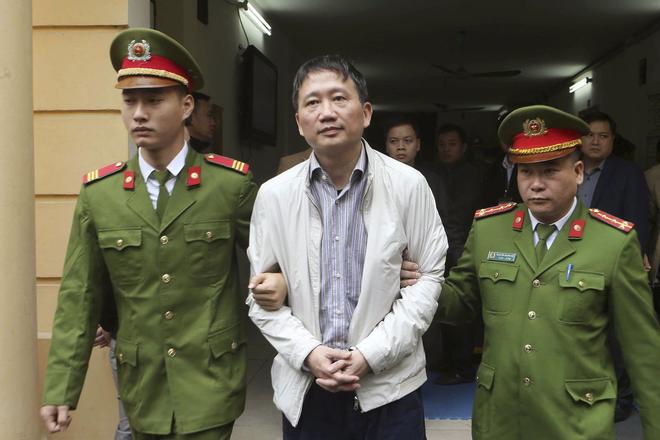The kidnapping of Trinh Xuan Thanha in Germany is not related to the fight of the Vietnamese government against corruption, according to Tuong Vu, a Vietnamese professor of political science at the University of Oregon, USA. The Slovak Spectator spoke to him about how Thanh provoked domestic government and secret service. He was a playboy who openly criticized the country's leadership.
The Slovak Spectator (TSS): Why was Trinh Xuan Thanh so important that Vietnamese secret service kidnapped him despite a possibly major diplomatic impact on relationships with European countries?
Tuong Vu (TV): There were two reasons. First, he was caught in a personal vendetta between former prime minister Nguyễn Tấn Dũng and the party’s General Secretary Nguyễn Phú Trọng. Trinh Xuan Thanh was associated with Dũng who stepped down in 2016. Dũng was a powerful man and helped his associates and underlings get promoted to high positions in big state-run companies. It was also the way how he expanded his power base. When Dũng left his office, he was able to avoid any punishment even though he was notorious for corruption. General Secretary Nguyễn Phú Trọng tried but failed to censure the prime minister while he was in office. After the prime minister retired in 2016, Trọng started to go after Dũng’s associates in the politburo and in the central committee. For example, Đinh La Thăng, a politburo member who was President of the state-owned oil company PetroVietnam, was recently sentenced to 15 years in prison for embezzling state assets. Trinh Xuan Thanh was an assistant of Thăng and they were tried together.

TSS: Were those prosecuted people truly corrupt?
TV: Yes, they were. But they were prosecuted not only because of their corruption. General Secretary Nguyễn Phú Trọng claims that he is fighting corruption, but his own faction is also very corrupt.
TSS:What was the second reason for kidnapping Trinh Xuan Thanh?
TV: Three or four officials of PetroVietnam fled from Vietnam before they were arrested. Two of them, including Trinh Xuan Thanh, went to Germany. But instead of laying low to avoid attention, Thanh used social media to challenge the party. Through a Vietnamese emigrant in Germany, he tried to present his case on social media, showing images of his ID to back up the case. In several posts on social media, he argued that he was innocent, that charges against him were fabricated, and that the whole ongoing prosecution was out of political reasons. His messages were perceived as an open challenge to the party’s General Secretary and the police. He was practically saying that he was out of their reach and could do anything he wanted with impunity.


